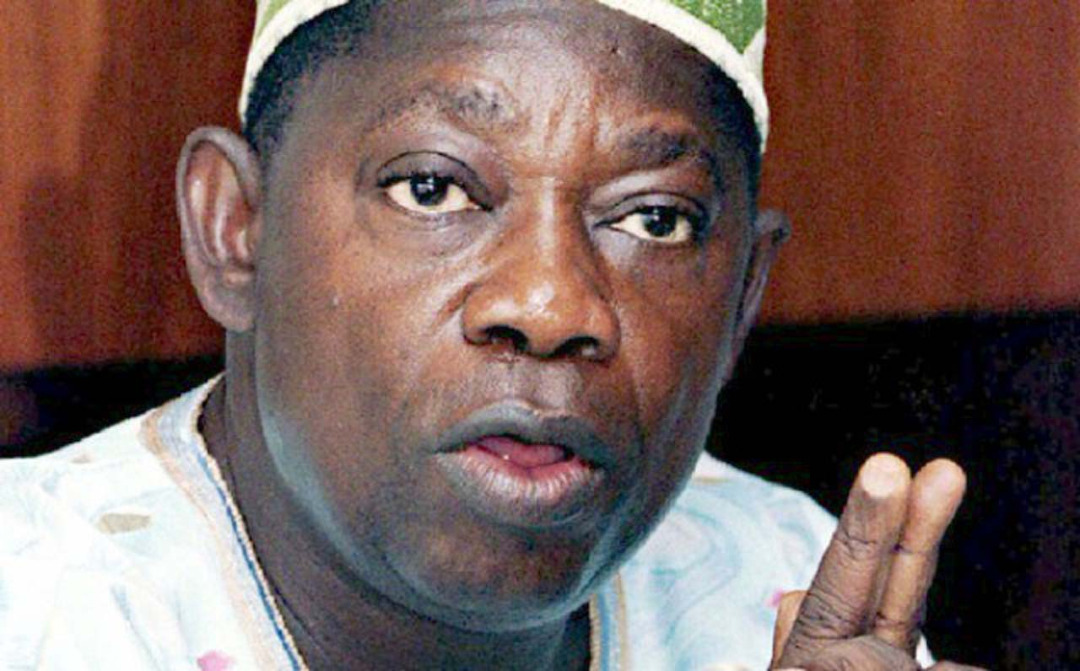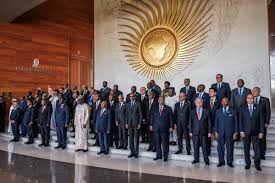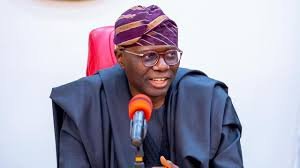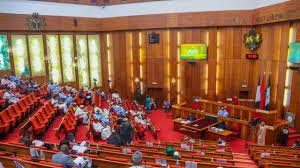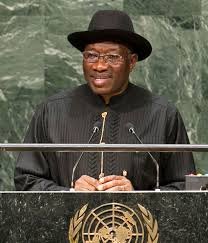The Resource Centre for Human Rights and Civic Education (CHRICED) joins all Nigerians to mark our historic June 12 Democracy Day. This is yet another moment, which affords the government and the people of this country the opportunity to reflect deeply on the state of the nation. It is a time to evaluate, understand and learn the lessons from the events, which shaped our democracy. For our country, June 12 represents a national moment of triumph and trials. On 12thJune 1993, the collective decision of the people to elect a leader of their choice was later truncated by the criminal annulment of the election by the military junta of Ibrahim Babangida.
Consequently, the travails of democracy and development could be partly traced to the culture of impunity, and the subversion of the will of the people, which has become the sordid reality of the Nigerian democratic experience. In the despicable annulment of June 12, similar patterns of cancellation of the nation’s progress can be seen in other spheres of our national life. As such, our collective efforts against poverty, insecurity, illiteracy, disease, unemployment, and lack of stable electricity supply, amongst others appear to have been annulled by a rapacious ruling elite.
On the 27th anniversary of what has been termed the most credible, freest and fairest election in Nigeria’s history, the government and the people of this country must bring to life the ideals which the June 12 stands for. Chief MKO Abiola’s campaign manifesto for the Presidency in 1993 was tagged “Farewell to Poverty.” 27 years later, MKO Abiola’s mantra, which focused on the need to vanquish poverty, remains relevant till this day. This is so because nearly three decades later, the vast majority of Nigerians continue to wallow in poverty of many dimensions. As the poverty capital with highest number of poor people in the world, exceptionally high rates of maternal mortality, mass unemployment, decrepit infrastructure and chronic insecurity across the country, it is clear that this current version of democracy has not delivered real benefits to the long suffering people of this country.
Furthermore, the perpetual instability in our country, which is accentuated by the endless challenge to state authority, indicates that this current democratic experience has not been a unifying factor. However, in the face of these challenges, the solution is not to agonise, but to organise to make a difference. The solution is not about merely declaring and observing holidays. The leadership of this country must come to terms with the fact that the country is not on the right track. For the June 12 Democracy Day to have real meaning to citizens therefore, the key challenges of facing the ordinary people of this country have to be addressed robustly. In the end, the overall idea of democracy will only be relevant in the lives of Nigerians if it becomes the basis for a fundamental change in their social and economic conditions.
Dr. Zikirullahi M. Ibrahim is CHRICED Executive Director

